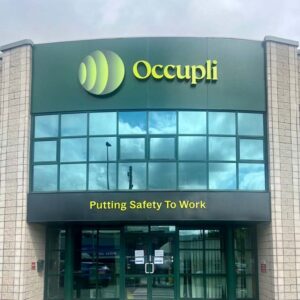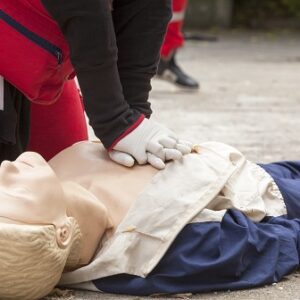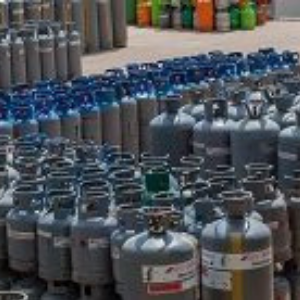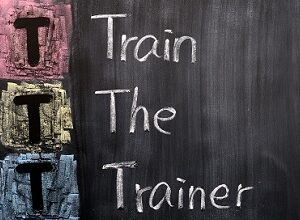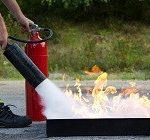Job Seekers
-
Sale!
Safe Pass Dublin
€169.00 – €199.00 -
Sale!
Safe Pass Cork
€169.00 – €199.00 -
Occupational First Aid 5N1207 (L5)
-
Manual Handling
€95.00 -
QQI Manual Handling Instructor 6N0233
€790.00 – €830.00 -
IOSH Managing Safely
€590.00 – €620.00 -
Explosion Safety Management Course (IOSH)
€820.00 -
IOSH Project Supervisor Construction Stage (PSCS) Training Course
€690.00 -
QQI Training Delivery And Evaluation (6N3326) Course
€750.00 -
IOSH Managing Safely Refresher
€250.00 -
VDU-DSE Ergonomics Course
€320.00 -
Fire Warden Training
€290.00


